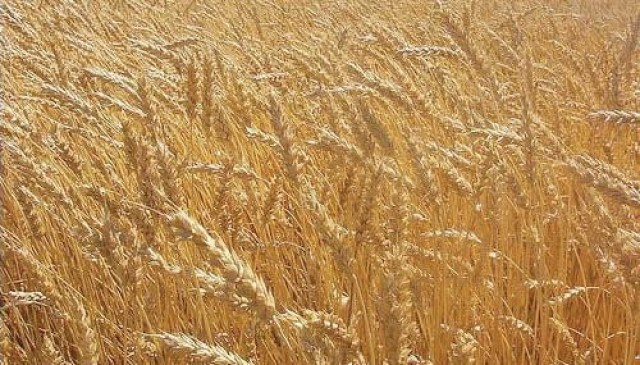Not a grain to eat
A survey shows that malnutrition levels in Sindh, between 21 and 23 per cent, are higher than those in Africa.

Darkening this vision from hell is the apparent blindness of the government to the scale of the problem, with the WFP struggling to explain that the presence of abundant food in the country is pointless if people cannot buy it. The government should, of course, have recognised this itself without experts from UN agencies having to warn it of the perils its people face. The concerns of citizens should form the focal point of planning at various official levels. The issue is also one that should top our list of priorities as a nation. But the survey showing the terrifyingly high rate of malnutrition has received only fleeting media attention.
Few politicians or NGO heads have commented on it. But the fact of the matter is simple enough, since without food, people cannot survive. Every day, people fall ill or die as a consequence of malnutrition in our country. Mothers and children suffer the most. The UN official’s words should make us think much harder about the morality of decisions taken, and how we can justify spending in areas that bring no benefit to people, while hiking up the price of food crops year after year, so that farmers draw in profits while consumers struggle to put together enough food for their families to eat.
Published in The Express Tribune, March 25th, 2011.















COMMENTS
Comments are moderated and generally will be posted if they are on-topic and not abusive.
For more information, please see our Comments FAQ